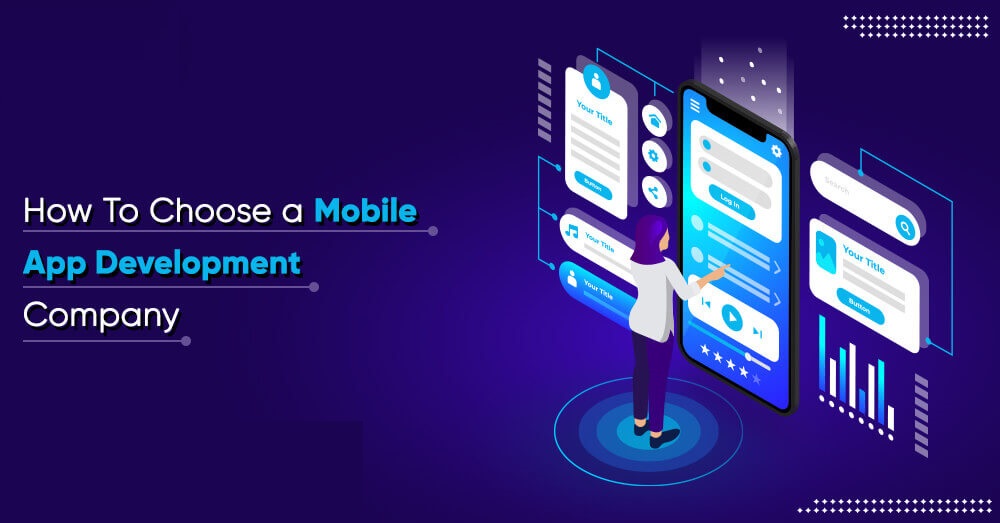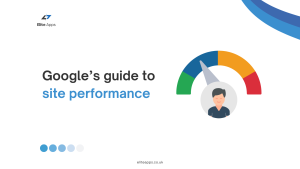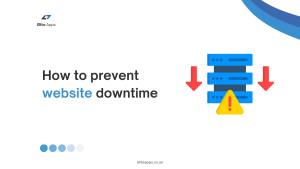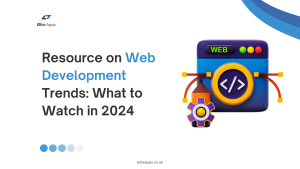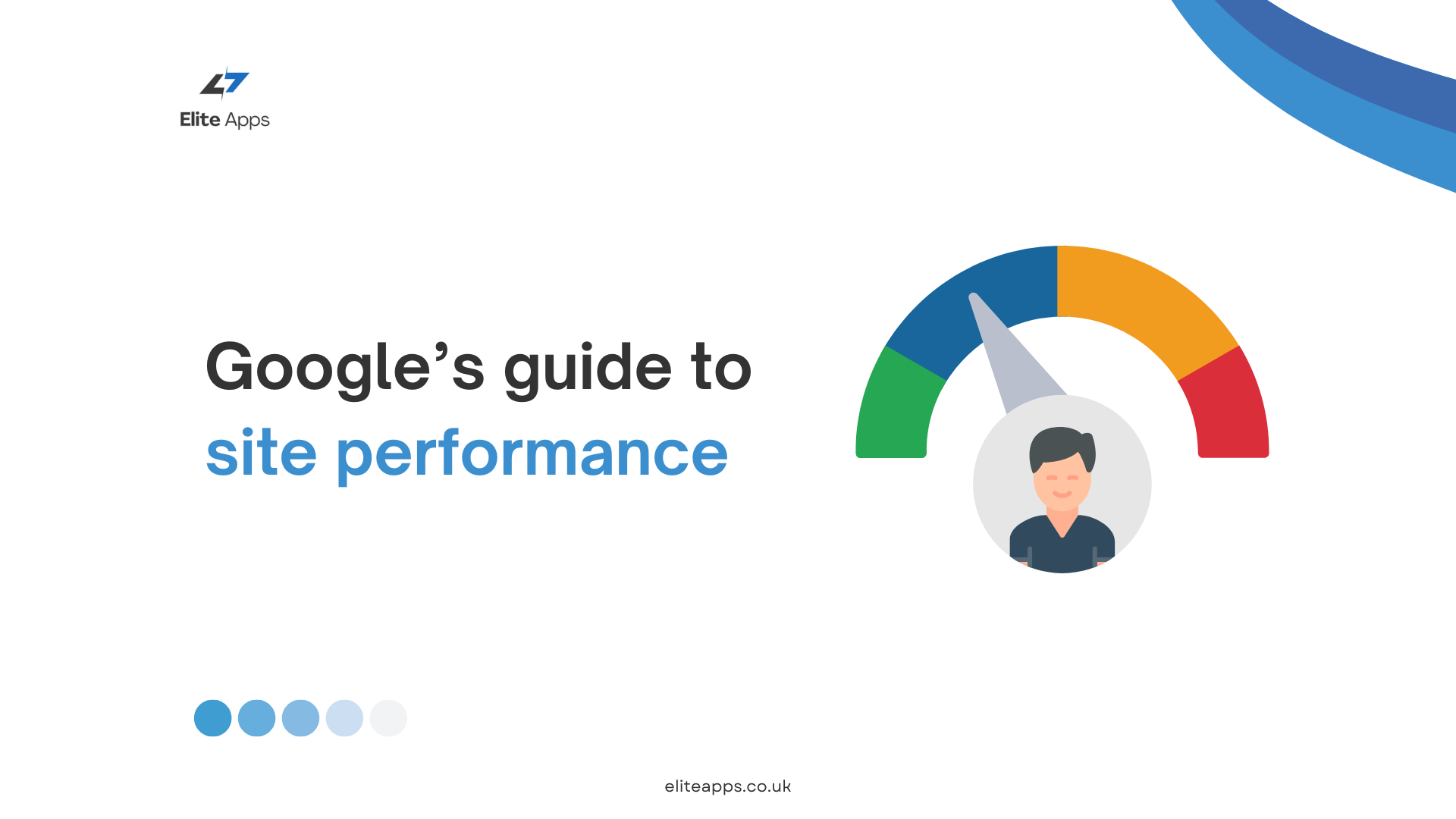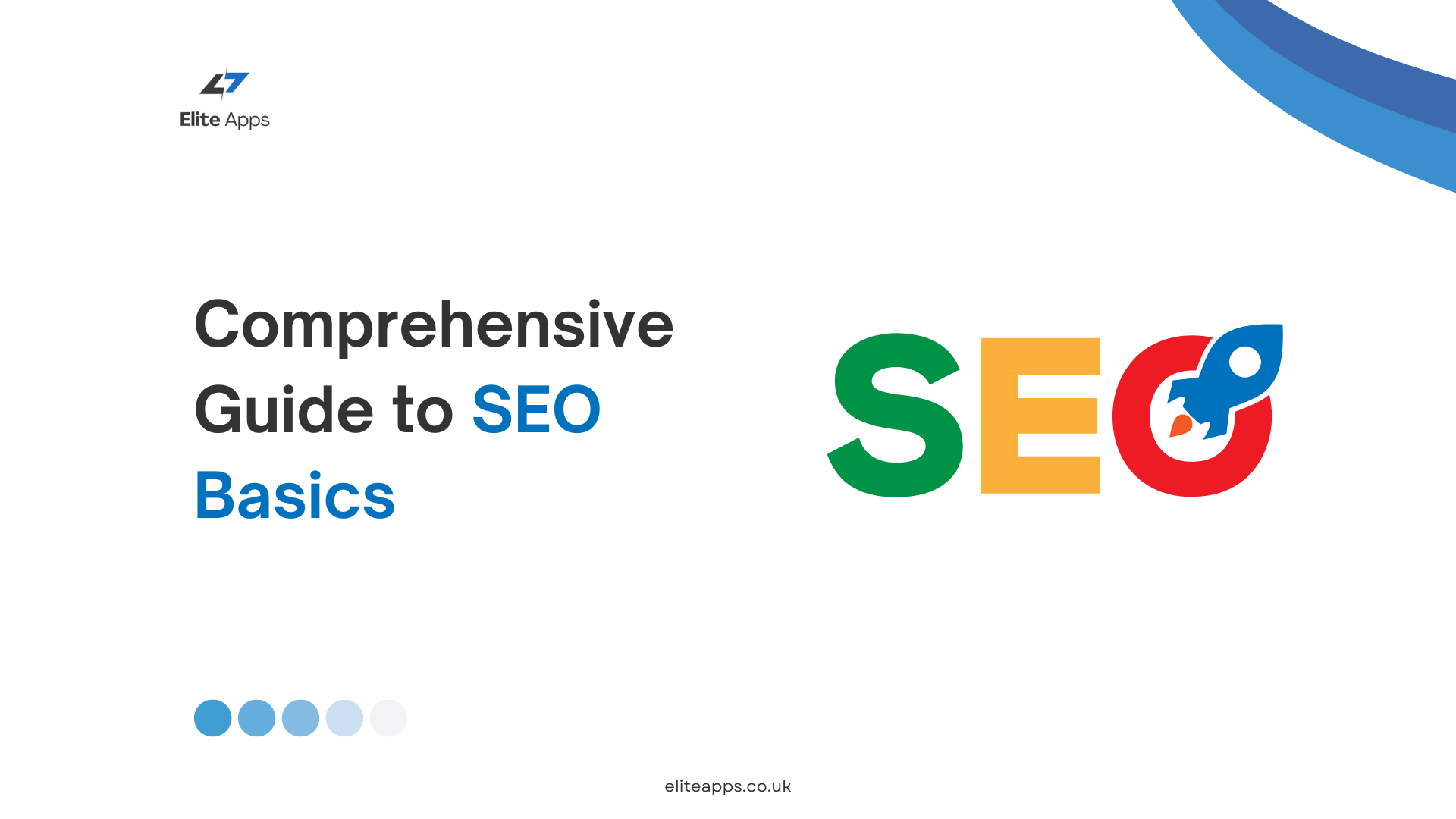Choosing the Right Mobile App Development Partner: A Comprehensive Guide
Developing a successful mobile app is not just about having a great idea; it’s about execution. One of the most critical decisions you’ll make is choosing the right mobile app development partner. The partner you select will significantly influence the outcome of your project. This affects everything from the app’s functionality and user experience to its market success and scalability.
Finding the perfect development partner can feel daunting, especially with so many options available. This guide will help you navigate the process and select a partner who aligns with your vision, technical needs, and business goals.
1. Define Your Requirements
Before you search for a mobile app development partner, it’s crucial to understand your project’s requirements. This includes technical specifications, business goals, target audience, and long-term vision.
Key Points to Consider:
- Type of app: Is it a native, hybrid, or web app? Each requires a different skill set.
- Target platforms: Do you need the app for iOS, Android, or both? Some companies specialize in one.
- Core features: What are the must-have features for your app? Be specific about functionality.
- Design and UX expectations: How important is user experience? Do you have specific design preferences?
Having clear requirements will help you communicate with potential partners and ensure they understand your expectations.
2. Evaluate Technical Expertise and Skills
Your app development partner must possess the technical expertise to bring your vision to life. Not all app development companies have the same capabilities. Look for one with a strong portfolio and relevant experience.
Key Evaluation Criteria:
- Technology stack: Ensure the partner has experience with relevant programming languages and frameworks.
- Experience with similar projects: Check if they’ve developed apps similar to yours in complexity or features.
- Team composition: Understand the skill set of their development team—designers, developers, project managers, and QA testers.
- Code quality: Ask for samples of their work or case studies to assess their code quality.
You can also evaluate their skills through technical interviews or by asking them to complete a test project.
3. Check Their Portfolio and Client References
A development company’s portfolio is one of the most revealing indicators of their capabilities. Look at the apps they have developed to assess their work quality and whether they align with your expectations.
What to Look for in a Portfolio:
- User experience: Is the app user-friendly, with intuitive navigation and clean design?
- Visual appeal: Do the apps have a polished look?
- Functionality: Do their apps work smoothly and deliver promised features?
- Industry experience: Have they worked in your industry or with similar businesses?
Additionally, ask for client references. Speaking directly with previous clients will give you insights into the development partner’s professionalism, communication, and how they handle challenges.
4. Evaluate Communication and Collaboration Skills
Successful app development requires continuous communication and collaboration. Your development partner must understand your vision and provide regular updates throughout the project. Poor communication can lead to misunderstandings and unsatisfactory results.
What to Consider:
- Responsiveness: How quickly do they reply to your inquiries? Fast communication is crucial.
- Project management tools: Do they use collaboration tools like Trello, Jira, or Slack to manage tasks?
- Agile development: Are they comfortable with an Agile approach that allows for regular feedback?
- Cultural fit: Do they share your work ethics and values? This is important if you work with an international partner.
You should feel confident that your partner will keep you in the loop and respond to changes or concerns promptly.
5. Assess Their Development Process
Understanding your partner’s development process will help you gauge their efficiency and ability to meet deadlines. A well-structured process ensures your app is developed methodically, with clear milestones and quality checks.
Key Elements of a Good Development Process:
- Project planning: Do they start with a discovery phase to outline your app’s roadmap?
- Prototyping and wireframing: Will they create a prototype or wireframe before starting development?
- Regular updates: Do they provide progress reports, demos, or updates at key stages?
- Testing and QA: What is their approach to quality assurance? Do they test the app on multiple devices?
- Post-launch support: Do they offer support for bugs and updates after the app is live?
A well-defined process reduces the risk of delays, unexpected costs, or missed features.
6. Consider the Costs and Budget
Cost is an essential factor when choosing a mobile app development partner, but it shouldn’t be the only one. Instead of looking for the cheapest option, focus on getting the best value for your budget.
How to Approach Pricing:
- Transparent pricing: Ensure the partner provides a detailed estimate, breaking down costs.
- Flexible engagement models: Some partners offer fixed-price contracts, while others work on a time-and-materials basis.
- Long-term costs: Consider the total cost of ownership, including maintenance and updates.
While it’s important to stay within budget, choosing the cheapest partner can lead to compromises on quality.
7. Look for Post-Launch Support and Maintenance
The app development journey doesn’t end once your app is live. Apps require continuous updates and bug fixes. Make sure your development partner offers reliable post-launch support.
Key Considerations for Post-Launch:
- Bug fixes: Do they offer free bug fixes for a specific period after launch?
- App updates: Can they support future updates to ensure compatibility with new OS versions?
- Performance monitoring: Do they provide tools or services to monitor the app’s performance?
- Scalability: Can they help scale the app as your user base grows?
A good development partner will be invested in your app’s success long after the initial release.
8. Legal and Security Considerations
Mobile app development involves handling sensitive data, so ensure your partner prioritizes security. It is essential to adhere to best practices for data protection.
Key Areas to Address:
- Confidentiality: Ensure they are willing to sign a non-disclosure agreement (NDA) to protect your idea.
- Intellectual property: Clarify ownership rights—make sure you own the code and designs.
- Data security: Ask about their data protection policies and practices, particularly if your app will handle sensitive information.
- Compliance: Ensure the partner is familiar with relevant regulations, such as GDPR or CCPA.
By addressing legal and security considerations early, you can prevent costly issues down the road.
Conclusion
Choosing the right mobile app development partner is crucial to the success of your project. By evaluating potential partners based on technical expertise, communication skills, and development process, you can find one that aligns with your business goals.
The ideal partner will deliver a functional, high-quality app and support you throughout its lifecycle. Take the time to assess your options thoroughly, and you’ll create an app that stands out in today’s competitive market.
Have you chosen a mobile app development partner yet? Let us know in the comments below!

